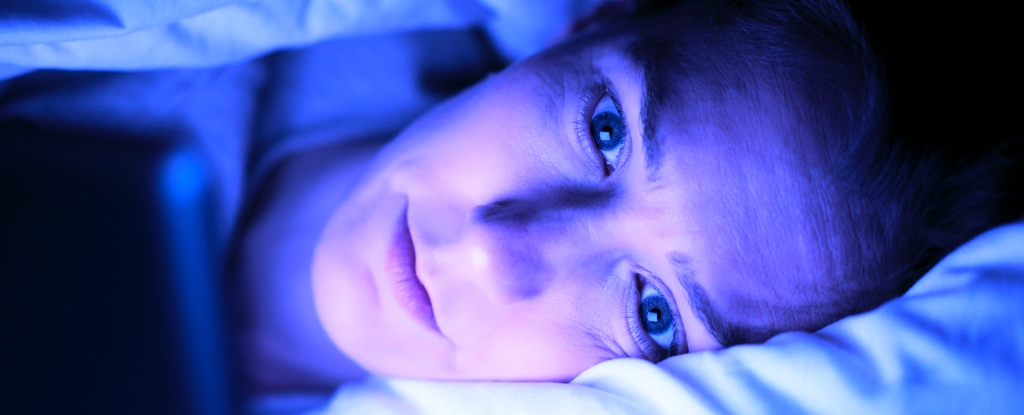Social media is full of claims that everyday habits can harm your skin. It's also full of recommendations or advertisements for products that can protect you. Now social media has blue light from our devices in its sights.
So can scrolling on our phones really damage your skin? And will applying creams or lotions help? Here's what the evidence says and what we should really be focusing on. Blue light is part of the visible light spectrum. Sunlight is the strongest source.

But our electronic devices – such as our phones, laptops and TVs – also emit it, albeit at levels lower. Seeing as we spend so much time using these devices, there has been some concern about the impact of blue light on our health, including . Now, we're learning more about the impact of blue light on our skin.
The evidence for blue light's impact on skin is still emerging. But there are some interesting findings. exposure to blue light can stimulate production of melanin, the natural skin pigment that gives skin its colour.
So too much blue light can potentially worsen hyperpigmentation – overproduction of melanin leading to dark spots on the skin – especially in people with darker skin. Some research blue light might damage collagen, a protein essential for skin structure, potentially accelerating the formation of wrinkles. A laboratory this can happen if you hold your device one centimetre from your skin for as little as an hour.
However, for most people, if you hold your device more than 10cm awa.



















